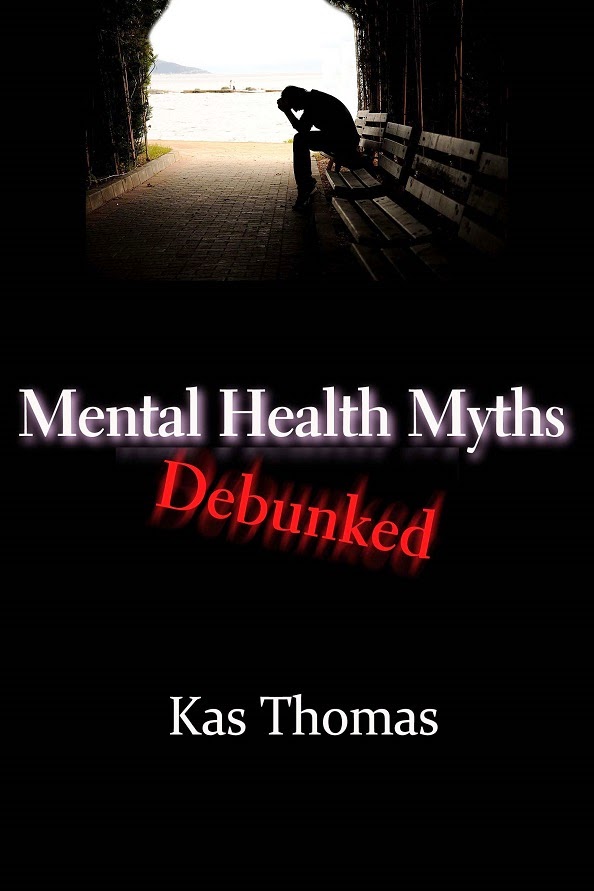My hope is that people who take 5 minutes to read "Endgame" will come away with a few questions to think about:
- Is it possible (even in theory) for economic inequality to get so bad that, 100 years from now, one person, or one corporate entity, could own all wealth on the planet?
- If 99% of global wealth were to end up being owned by 1% (or less!) of the population, but people's everyday lives looked pretty much the same as they do now, would that be just fine? (Assume, for sake of argument, that the top 1% obtain their wealth through legal means; not by armed conflict or violent regime change.)
- If one person (or one corporation) did end up owning essentially all wealth on the planet, would that be perfectly okay, even if the person were an absentee owner (living off-earth)?
I'm not here to hand you an answer. I'm just raising the questions.
Here are two possible ways to look at the issue:
Pro-Wealth-Inequality: As long as the wealthy have broken no laws and committed no acts of violence (armed robbery, war, outright coercion), and as long as the wealthy have abided by the agreed-upon rules of free-market capitalism, no one should object to wealth inequality (nor income inequality), and indeed such achievements should be heralded as examples of the system working exactly as intended. Anyone who achieves great wealth through legitimate means should be celebrated, not attacked, and a system that makes great wealth possible should be considered a just and properly egalitarian system that rewards hard work.
Anti-Wealth-Inequality: Extreme imbalances of wealth are inherently inegalitarian and cause widespread suffering. There is no such thing as a free market, because markets are continuously distorted by the corrosive (and widespread) influence of wealth in political institutions, with the wealthy in command of lawmakers, etc. Moreover, economic exploitation of the disadvantaged is itself a form of violence (causing premature death through suicide, alcoholism, and a long list of poverty-related comorbidities, not to mention workplace accidents), hence the claim that great wealth can be achieved "without violence" is inherently false. No billionaire is "self made"; the hard work of thousands of ordinary people goes into the making of any great fortune. Etc.
The first position aligns well with Ayn Rand and/or Warren Buffett; the second position, with Marx, Proudhon, or Balzac. Most Republican presidential candidates will go with the first position. Bernie Sanders will align with the second position. (Hillary Clinton will claim elements of both arguments; the exact ratio TBD.)
Whichever side of the fence you fall on, my advice is: Do some homework. Read up on income and wealth inequality (so you at least have your facts right). Read Ayn Rand, read Marx, read Piketty. Learn how to separate fact from fiction. That ability will be critical in the months ahead.
☙ ❧
 Have you checked out my free book Mental Health Myths Debunked?
Tons of info, tons of live links, lots of straight talk about
depression, meds, therapy, psychiatry, mental health trends, statistics,
and more (documented, with links to sources). And you know me, I call bullshit on bogus ideas (then give
URLs to the actual data). The idea that antidepressants take weeks to do
anything? Myth. Most people benefit from antidepressants? Myth.
Antidepressants separate from placebo in clinical trials? Largely myth.
(Half the trials show separation. Half don't.) Electroshock therapy is
safe and effective? Bigtime myth. But don't take my
word for it: Read the science for yourself. It's all laid out (with
references) in the book. Download ePub or PDF now at NoiseTrade. Tell a friend.
Have you checked out my free book Mental Health Myths Debunked?
Tons of info, tons of live links, lots of straight talk about
depression, meds, therapy, psychiatry, mental health trends, statistics,
and more (documented, with links to sources). And you know me, I call bullshit on bogus ideas (then give
URLs to the actual data). The idea that antidepressants take weeks to do
anything? Myth. Most people benefit from antidepressants? Myth.
Antidepressants separate from placebo in clinical trials? Largely myth.
(Half the trials show separation. Half don't.) Electroshock therapy is
safe and effective? Bigtime myth. But don't take my
word for it: Read the science for yourself. It's all laid out (with
references) in the book. Download ePub or PDF now at NoiseTrade. Tell a friend.
☙ ❧
Retweet this post! Many thanks to the great folks who retweeted me yesterday:











































Have you added your name to our mailing list?
Also please visit HackYourDepression.com when you have a chance, and share that link with someone you know who might be suffering from anxiety or depression.
